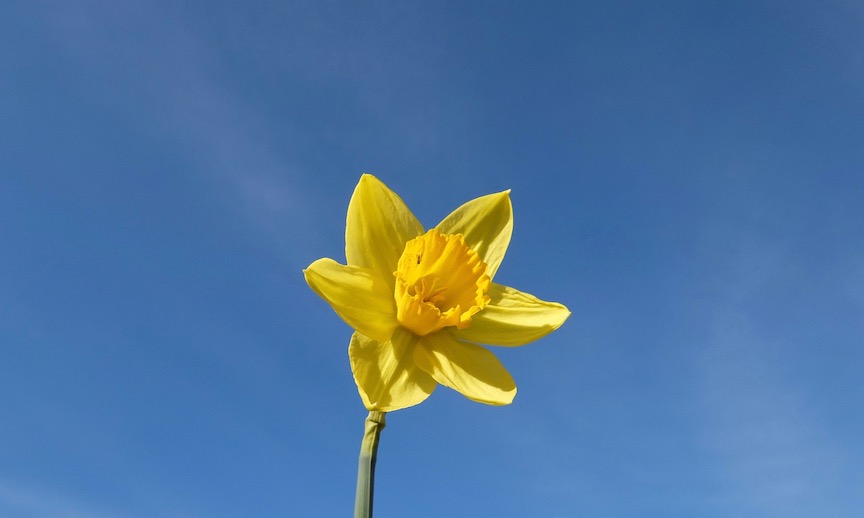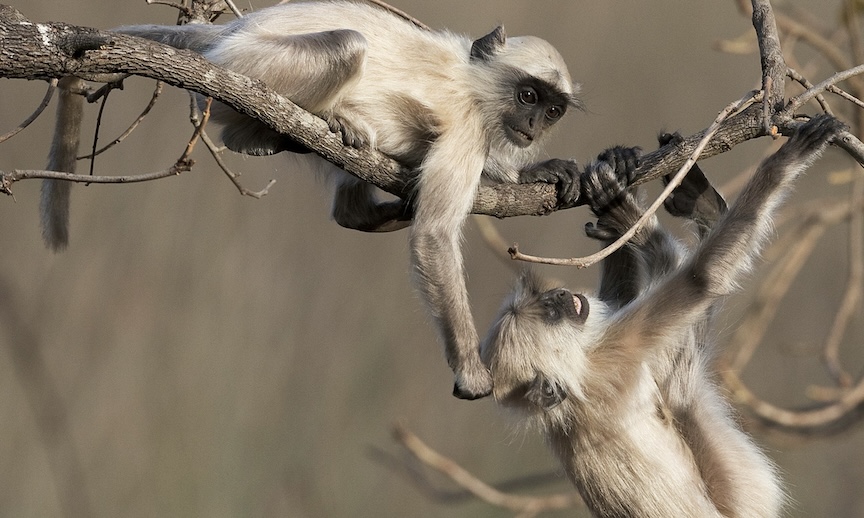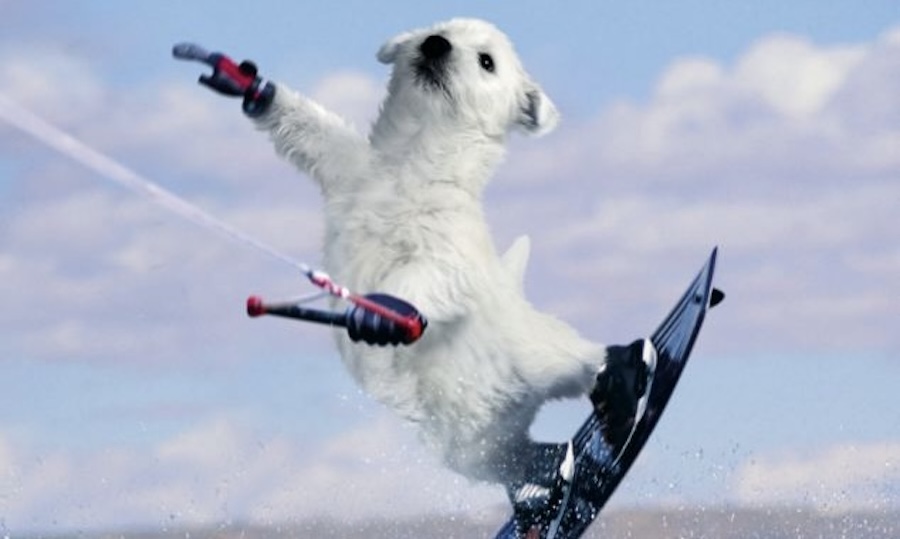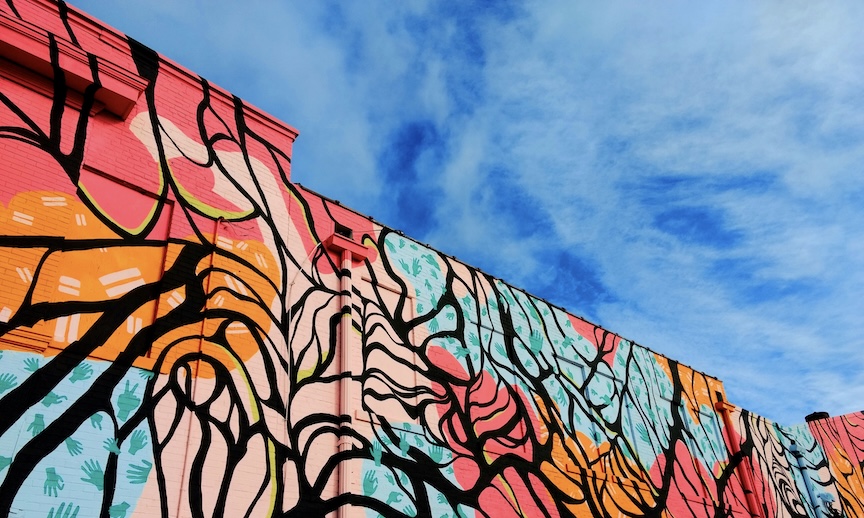BRAVO!
This Hafiz poem has really been speaking to me this week:
This union you want
With the earth and sky,
This union we all need with Love…
A golden wing from God’s heart just
Touched the ground.
Now,
Step upon it
With your brave sun-vows
And help our eyes
to dance!
Beautiful, yes? I’ve been unpacking the pieces of it, wondering why it feels so resonant and relevant right now. There’s something especially about the idea of brave sun-vows that’s grabbing me. Bravery.
I looked up the etymology of the word brave, and found that in some ways it’s exactly what you’d expect, and in other ways definitely not. Since the late 15th century, it has connoted heroism, splendor, and valor. It’s related, fairly obviously, to the exclamation, “Bravo!” which one might cheer when someone achieves anything well-done and impressive.
More surprising to me, however, was that the word has deeper origins in the Latin bravus, meaning “cutthroat or villain,” from the Latin pravus, meaning “crooked or depraved.” It is also connected to the words barbarous and barbarian, suggesting savagery and wildness. These undertones remain today in the swagger and recklessness of bravado. Interesting.
I seriously doubt that Hafiz (or Daniel Ladinsky, who is responsible for the above translation) was advocating villainy, violence, and depravity when he called us to step onto God’s golden heart-wing. But maybe identifying it as a “brave sun-vow” does retain some element of wildness and audacity…?
Then there’s also the “vow” part of this phrase; what’s that about? To me, it speaks to all of our commitments and declarations, the promises that we make to ourselves and the world. It includes everything about which we care, for which we hope, and to which we dare give our hearts. We might simply call it our prayers.
One of the key distinctions offered by the Science of Mind philosophy is that we pray not TO something but AS something. We practice prayer not as a plea or supplication, but instead as an act of conscious and empowered creativity. That takes guts. Bravado, for sure.
So, then, that got me wondering — thinking about the familiar adage, “Fear and Love cannot co-exist.” You’ve heard that, right? I got a little worked up as I considered the idea. I realized that I didn’t know who first said it, though it’s really prevalent. Was it Dr. King, or Lao Tzu, or something from the Bhagavad-Gita? The more I thought about it, the more annoyed I got because I think it’s nonsense.
Turns out that lots of people have said it without attribution. You can find it in scores of books and sermons and inspirational internet memes. People state it like it’s a given, an obvious truth. I’ve heard it so many times in New Thought talks and classes, I wondered if Ernest Holmes was responsible. And Holmes does, indeed, quote something like it — “Love casteth out fear.” This quote may have been the start of the whole “cannot coexist” thing – it’s originally from the Christian New Testament, the Book of John.
Okay. So, I’m not saying it’s a completely useless idea. Dichotomies and oppositions like this one — Love versus Fear — can help us sort things out and clarify our reactions and responses. Sometimes a big intentional love can, indeed, assuage some fear or at least contextualize it enough that we can effectively reckon with it. And there’s no doubt that overwhelming fears oftentimes do get in our way, tripping us up, making it challenging to fully embody our infinitely loving capacities.
Still, I take issue with the over-simplification and polarization of this duality into the impossibility of love and fear’s coexistence.
Because in my experience, the coexistence of Love and Fear is perpetual, essential, and ultimately very creative.
Love is the sail, fear is the rudder. Love propels me forth, fear helps me steer. Not to belabor my little boat metaphor, but — See those rocks? The ones with all the ship wreckage around them? I’m afraid of running into those, so I’m going to head another way. That doesn’t mean I hate the rocks or that I’m failing to love the rocks. Just that loving those rocks won’t disappear them. And loving myself and the others on this craft with me means I’m responsible for doing my best not to dash us all to bits, and that most definitely includes respecting, understanding, and honoring my fears.
This wise interplay of love and fear is what inspires ingenuity, innovation, fresh starts, new ideas, and creative solutions.
Which is where bravery comes in.
For me, bravery is when we acknowledge our fear and still we step forth. Not in a stupid way — there’s a difference between courage and carelessness, between bravery and negligence. I mean that we step forth in a mindful way, a responsible way.
A way in which we are gentle with ourselves and each other because we recognize that we’re all frightened. We can acknowledge honestly what’s not working, what hurts. We can admit all that we don’t know, the trillion things we’re anxious about.
And with and through and in all that fear, we Love. We muster fortitude and wherewithal to proceed by consciously choosing love for ourselves and each other, and tapping into the abiding love of the entire blooming Universe.
To me, that doesn’t feel like Love versus Fear, or even love casting out fear. It’s more about Love loving Fear.
Love loving the parts of us that have been hurt before. Love loving Its way through the shadowy places, amidst the intimidating obstacles, and — scariest of all — into the unknown future.
Because here’s the thing: prayer as a declaration, prayer as an act of creation, prayer as a brave sun-vow, always means gazing into the infinite abyss, the awesome unknown, the terrifying yet-to-be, and saying, “Here I am!”
It seems to me that Bravery only makes sense as a quality of valor, splendor, and whole-heartedness in such a context of fear and trembling trepidation. Don’t you think? I mean, if we were truly fear-less then we wouldn’t need to be brave. Without fear, there wouldn’t be a whole lot of noble purpose or even meaning in courageous word or deed. It would be more like Dark Ages bravus, cutthroat and barbaric, a wild disregard for consequence. It would be sociopathic.
Bravery happens when love and fear have a conversation, when love and fear work things out together: “This union you want with the earth and sky, this union we all need with love…”
Spring is springing, Dear Hearts. We’ve got so much to which we can look forward together. And yet there’s still so much we don’t know about how it’s all going to go, still so much into which we must faithfully leap, and for which we’re being called to proactive responsibility. It all scares the pants off of me — AND — my vow, my promise, my prayer is that we can and shall dare to dream and to create it together.
Join me with the splendiferous Patty Stephens online this weekend for music and message. New content every Saturday at 6pm. Also available on demand forever after at your convenience, here at BOSQUECSL.ORG and VIMEO.COM/BOSQUECSL. XO, Drew
©2021 Drew Groves
